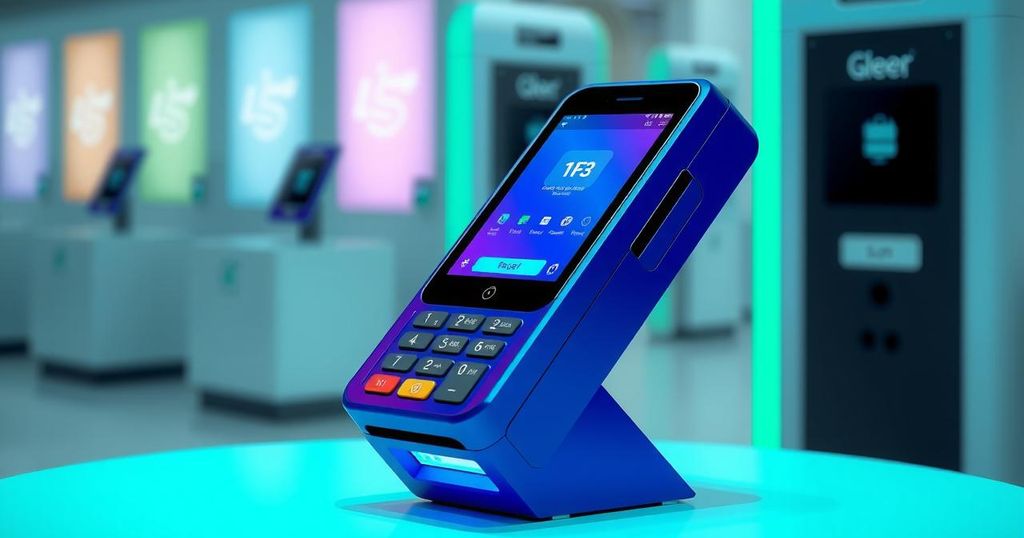Crypto Seeks No-Fee, Open-Source Payment Solutions
An exciting innovation in the crypto space has emerged with the creation of FreePay, an open-source payment processor aimed at cutting out transaction fees altogether. This development could change how we think about crypto payments.
Rethinking Payment Processing in Crypto
New developments in crypto payment technology are making headline news. A researcher from BlueYard has created an open-source payment method that promises to shake things up. The goal? To enable users to tap their crypto wallets at checkout, eliminating the processing fees that have become so characteristic of traditional payment methods.
FreePay: A New Device for Merchants
Tim Robinson, the head of crypto research at venture capital firm BlueYard, has built a payment processor in just a week. He shared a video demonstrating its use, showing a payment made using the MetaMask app. This device, named FreePay, features an NFC reader along with a display that allows sellers to enter the transaction amount. In Robinson’s words, “We’re supposed to be replacing TradFi, not joining them.” This statement certainly raises eyebrows; it’s clear he’s targeting the traditional finance model.
Expansion and Flexibility in Crypto Payments
Along with the terminal, Robinson also developed a complementary app for sellers and an Android application for customers. However, it’s worth noting that FreePay currently supports only a couple of crypto wallets: MetaMask and Coinbase Wallet. In a marketplace bursting with options, it’s essential for systems like this to remain flexible and inclusive, and so it may need to expand in the future to support a wider variety of wallets.
The Cost of Traditional Payment Systems
In the broader context, numerous crypto firms like Coinbase, MetaMask, and Avalanche have launched their own payment cards, typically linked to traditional payment processors such as Visa or Mastercard. While these cards expand accessibility, they come with fees that can chip away at a business’s profits. For instance, Visa charges transaction fees ranging from 1% to over 2%, while American Express tends to have even higher rates, reaching up to 2.5%. This raises a fundamental question: are these conventional fees worth the convenience they provide?
Lower Costs with Layer 2 Solutions
Robinson argues that while blockchains do have associated fees, they often pale in comparison to those imposed by credit card companies, especially if using more efficient chains like Ethereum L2 or Solana. FreePay’s current model is already based on Layer 2 support, which Robinson knows well. He encourages others to build upon this foundation, stating that he would appreciate contributions to add further wallets and blockchain options.
Challenges and Opportunities in Crypto Payments
However, it’s important to note that using crypto in the U.S. does come with tax implications that could deter some from using it as a form of payment. This complexity can make crypto less appealing compared to using stablecoins or fiat currency directly. Nevertheless, if the goal is straightforward crypto spending from a wallet with just a tap, FreePay represents a clear step forward for merchants. It ushers in the possibility of more direct consumer transactions without needless overhead costs.
In summary, the emergence of FreePay offers significant potential to redefine how crypto is used for everyday purchases. Tim Robinson’s innovation illustrates a broader push for decentralisation and reduced fees, aligning with the original ethos of cryptocurrencies. As the crypto industry continues to develop, it will be fascinating to see how these open-source solutions may change the payment landscape moving forward.




Post Comment